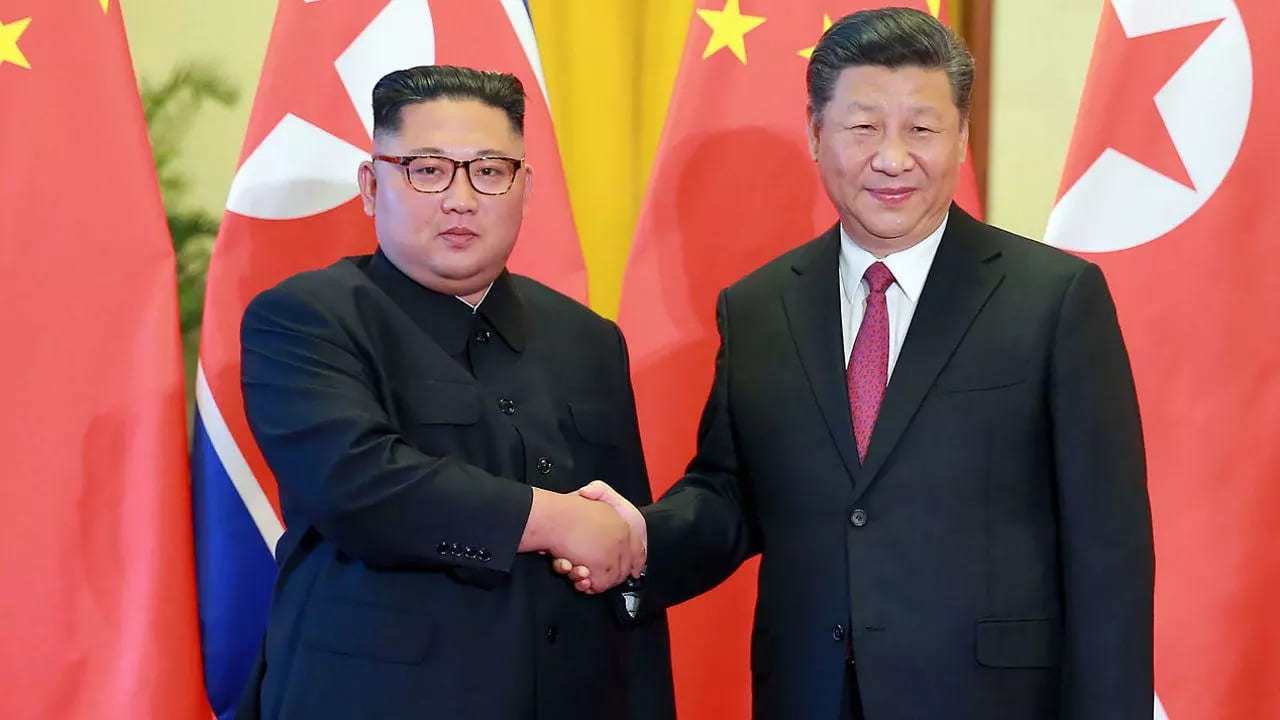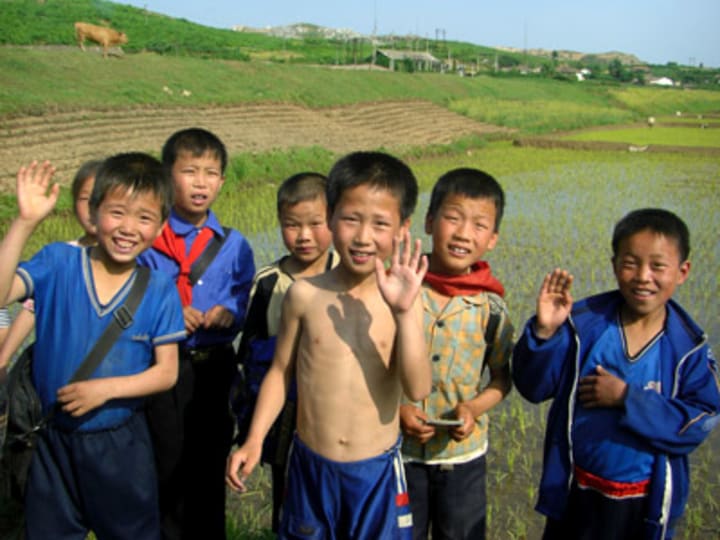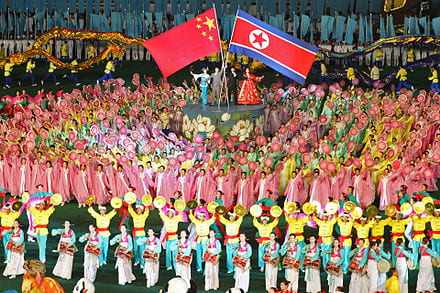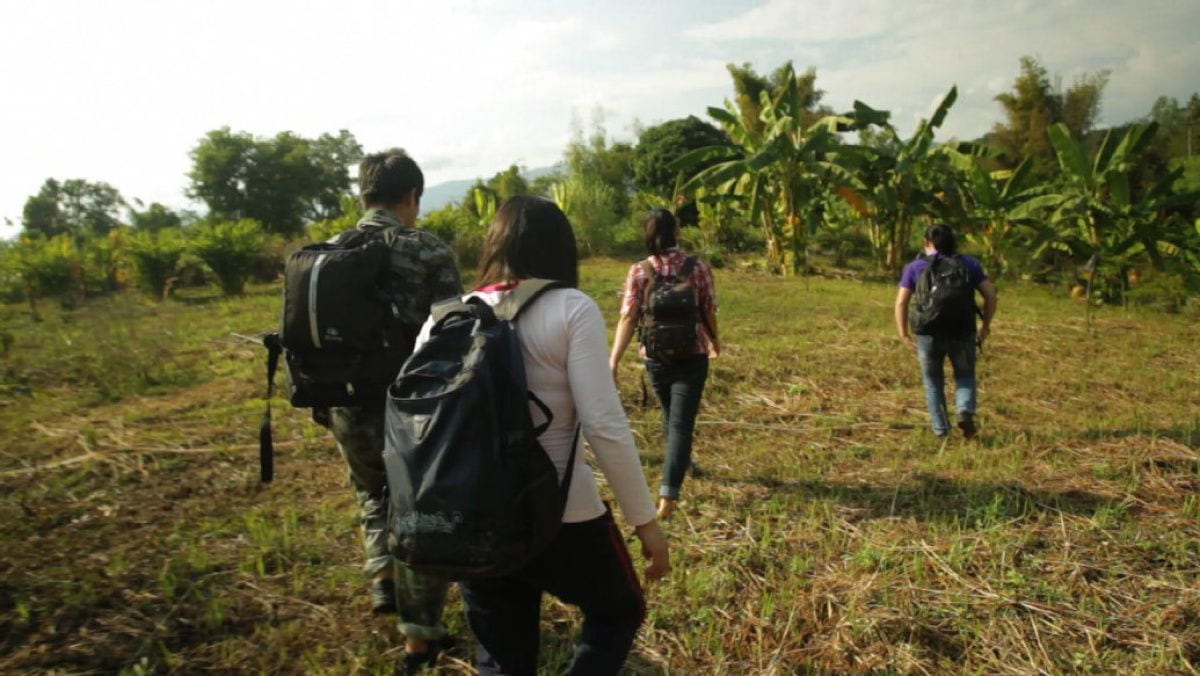
Note from the author: This post is the fourth of my four-part series on the North Korean Regime. I recommend reading the other parts before this one for understanding, but doing so is optional. To find the other parts, scroll down and click on “View all posts by A. Price.”
The Democratic People’s Republic of Korea (DPRK) consistently acts like a toddler in its negotiations and diplomatic relations with other countries. They consistently refuse food and humanitarian aid that their citizens desperately need for petty political reasons. The World Food Program (WFP) was denied access to North Korea in 2005 because its monitoring process was too intrusive for North Korea’s standards. Because of this type of behavior, it is apparent that the DPRK wishes to mishandle food aid and allow their rural citizens to starve and die before accepting the WFP’s guidelines.
Food and Humanitarian Aid
The Worker’s Party of Korea (WPK; the regime) insists on inserting itself into food aid distribution and consistently passes policies that would manipulate citizens into subservience to the regime. One such policy would make the receipt of food aid contingent on reporting to one’s government-sanctioned job. This effectively stifles any chance at economic mobility for poor and rural people. Such a policy is against the conditions of the World Food Program, but instead of complying with the WFP to receive the aid, they let their citizens starve. The WFP has a humanitarian interest in feeding these people, so they are left at a crossroads: supply food aid according to North Korea’s standards or allow North Korea to starve its rural citizens.

Because of the WPK’s toddler-like nature, it is imperative that food and humanitarian aid are not contingent on the government’s cooperation. Historically, the US has made food aid contingent on the dismantling of specified nuclear programs. This leaves the WPK with the choice: give up our nuclear program or let our citizens starve. For them, this is a no-brainer. The WPK cares much more about politics and big blow-up things than the starvation and suffering of its citizens. This is why it is increasingly important that food and humanitarian aid are not contingent on the cooperation of the government.
China
Because of the demilitarized zone separating North and South Korea, China is the only country directly bordering North Korea. This means that China has the highest amount of undocumented North Korean refugees. China is compliant with the North Korean regime’s disgusting agenda. Instead of complying with the United Nations (UN) guidelines for refugees, China heavily polices bordering towns and consistently returns refugees to the abusive DPRK. Because of this, refugees must travel all the way through China to another country before being able to fly to a safe place such as South Korea where they can seek asylum.

Because of the threat of being deported back to North Korea and subsequently thrown into a prison camp, many refugees, specifically those assigned ‘female’ at birth (AFAB), fall victim to human trafficking. Because of the One-Child policy and selective abortions, China now has a disproportionate level of people in male bodies as opposed to those in female bodies. This incongruence means that many men cannot find or afford brides and many North Korean AFAB people are sold as brides to poor Chinese men. The people in these situations rarely feel safe in their new homes and often fall victim to abuse, blackmail, and rape.
The UN must step into China to enforce its guidelines for refugees. China must become a safe place for North Korean refugees to seek asylum. Until then, these people will continuously fall victim to deportation and human trafficking.
International Participation
The DPRK is a participant of the UN. The UN has treaties and guidelines surrounding the topic of human rights, but they are not enforced. The DPRK has signed seven different human rights treaties including the Convention on the Rights of People with Disabilities (CRPD) and the Convention on the Elimination of All Forms of Discrimination Against Women (CEDAW). As you have seen throughout this series, these treaties are not enforced by the United Nations or any other organization interested in human rights.
As a participant of the UN, the US should apply pressure for the enforcement of the UN’s treaties and policies. North Korea consistently fails in its Responsibility to Protect (R2P) its citizens, calling for international actors to step in and protect these citizens. The WPK has proven that it does not care about these people and will not let go of its power without a fight. North Korea’s citizens will continue to be treated terribly as the collective group of outside countries chooses not to intervene, constituting one of the most significant and worst human rights situations in recent history.
How You Can Help

North Korea is one of my special interests. I could write about this topic for the rest of my life. I encourage you to look into this issue (resources linked below) and spark your own interest in the North Korean human rights situation. I encourage you to consider, if you can, donating to an organization that I really believe in. They are called Liberty in North Korea. They are working on the ground to help North Koreans escape the regime through a 3,000-mile secret escape route. Their website includes many resources and even a blog written by people personally affected by the North Korean regime.
Below I have linked some resources for you to explore at your leisure.
UN General Assembly on the Situation of Human Rights in the DPRK
Policy Recommendations – The Committee for Human Rights in North Korea
Brookings article on the Biden administration and the DPRK
World Report 2021: North Korea | Human Rights Watch
World Report 2022: North Korea | Human Rights Watch
CRS Report – Foreign Assistance to North Korea

Published by